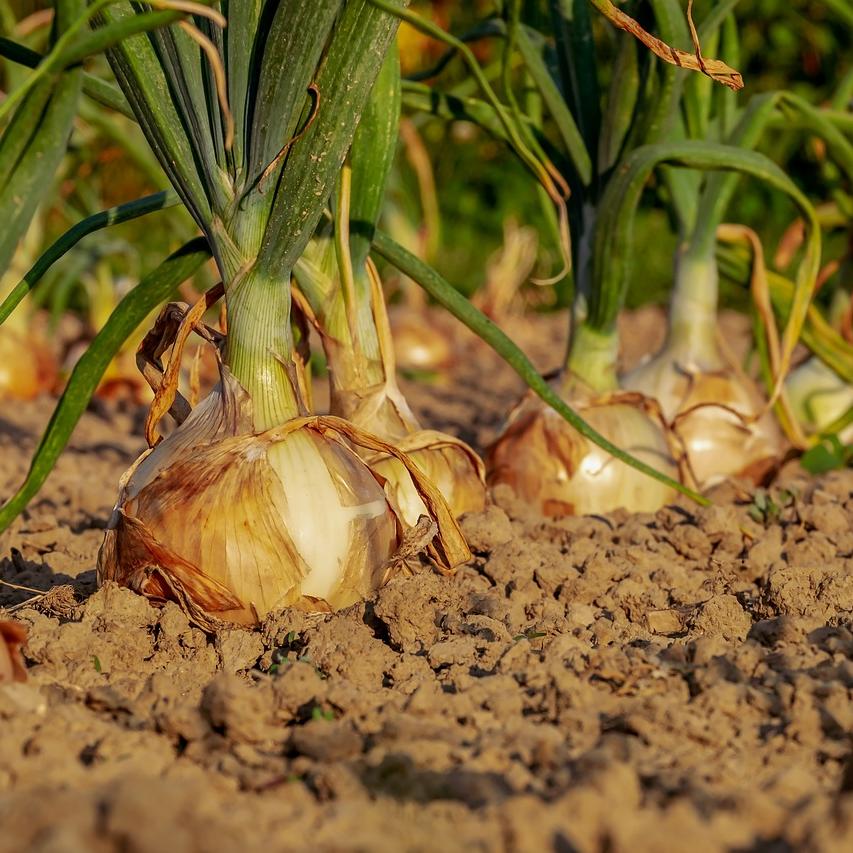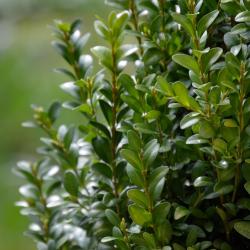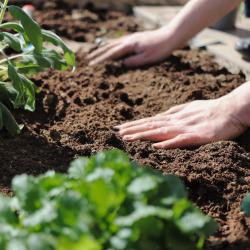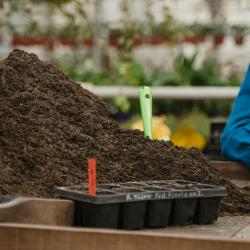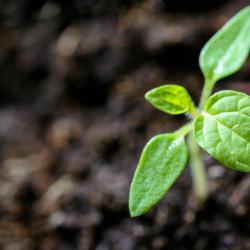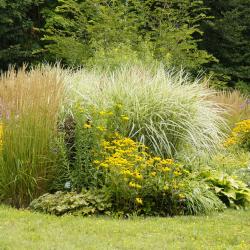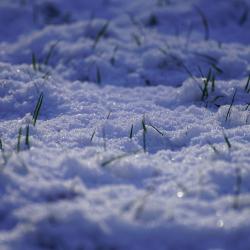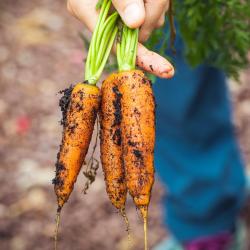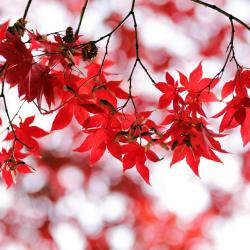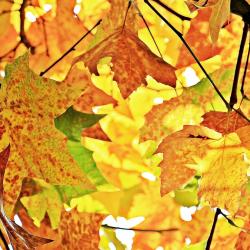How to Grow Cold-Hardy Crops in the Winter Months
As the winter months approach, many gardeners bid farewell to their flourishing summer gardens, under the assumption that the growing season has come to an end. However, with the right techniques and a little know-how, it's entirely possible to continue producing fresh, nutritious vegetables throughout the chilly winter months. Growing cold-hardy crops can not only extend your gardening season but also provide a rewarding challenge and a steady supply of homegrown produce. Here's how to make it happen:
Understanding Cold-Hardy Crops
Firstly, it's essential to know what constitutes a "cold-hardy" crop. These are plants that can withstand frost and even snow, due to their biological adaptations. Some popular cold-hardy vegetables include kale, spinach, Swiss chard, Brussels sprouts, collards, and carrots, among others. These crops not only survive in cooler temperatures but often develop a sweeter flavor when subjected to frost.
Choosing the Right Varieties
Not all varieties of a crop are equally frost-resistant. It's crucial to choose those specifically bred for the cold. For instance, 'Winterbor' kale, 'Giant Winter' spinach, and 'January King' cabbage are known for their resilience. Local gardening centers or universities often offer advice on which varieties perform well in specific regions.
Preparing Your Garden
-
Select the Right Location: Choose a spot with maximum sunlight exposure, ideally with some natural wind protection. South-facing slopes or areas shielded by buildings can provide a microclimate a few degrees warmer than the surrounding area.
-
Soil Preparation: Ensure well-drained soil to prevent waterlogged roots, which can freeze and damage your plants. Adding organic matter such as compost improves drainage and provides excess nutrients that plants need in less ideal growing conditions.
-
Timing Your Plantings: The key is to plant far enough before the first expected frost so that crops can establish themselves. Slowly maturing plants need more time, while fast-growing greens can be planted later.
Implementing Season Extenders
Maximize your success by using season-extending techniques. Here are a few practical options:
-
Row Covers: Lightweight fabric covers protect plants from frost while allowing sunlight, air, and rain to penetrate. They also offer an increase in temperature by several degrees.
-
Cold Frames: These are essentially mini-greenhouses that trap solar energy, maintaining higher temperatures than the external environment. They are ideal for overwintering certain crops or getting an early start in spring.
-
Hoop Houses and Tunnels: Constructed from arching pipes covered with greenhouse plastic, these provides warmer and more consistent conditions than open air, enabling growth in harsher conditions.
Watering and Mulching
Watering should be minimized in winter, but keep an eye on soil moisture, especially under coverings, as it can dry out. In addition, apply a layer of mulch, such as straw or shredded leaves, around plants to provide insulation for the earth and preserve moisture.
Monitoring and Adjusting
Check your crops regularly. During exceptionally cold spells, you may need to add extra layers of protection, such as a double row cover or adding blankets over cold frames during the night. Conversely, during warm sunny days, vent your coverings to prevent overheating.
Embracing the Beauty of Winter Gardening
Gardening in the winter can bring relaxation and joy during the gray months. Watching greens thrive under a blanket of snow, or savoring the enhanced sweetness of frost-kissed vegetables, can make the extra effort all the more worthwhile.
By combining planning, suitable crop choices, and innovative strategies, anyone can sustain a productive garden right through the winter months. Not only does this provide tangible rewards in the form of delicious and fresh produce, but it also cultivates a deeper connection to the rhythms of nature. Whether you're a seasoned gardener or a beginner, embrace the opportunity to explore winter gardening and enjoy the unique pleasures it offers.
